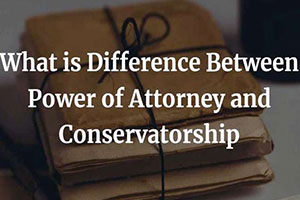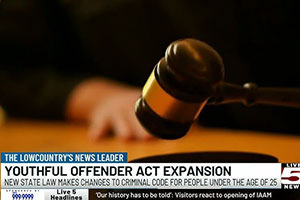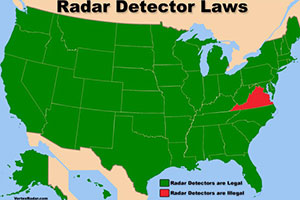Kaman Law Firm - San Francisco Criminal Defense Lawyer
The Kaman Law Firm specializes in serious and violent felonies (strike offenses) while offering a variety of personalized lawyer services.
The Kaman Law Firm specializes in serious and violent felonies (strike offenses) while offering a variety of personalized lawyer services to those persons accused of lesser crimes (aggressive criminal defense lawyer) at all stages of the criminal process, including prefile, arraignment, preliminary hearing, discovery, pretrial motions, trial and writs and appeals.
Xem thêm:
Danhgianhacai1.me offers a wide range of exciting online betting games, from sports betting to live casino. Enjoy high-level security and 24/7 customer support at nhà cái uy tín.




.jpg)














